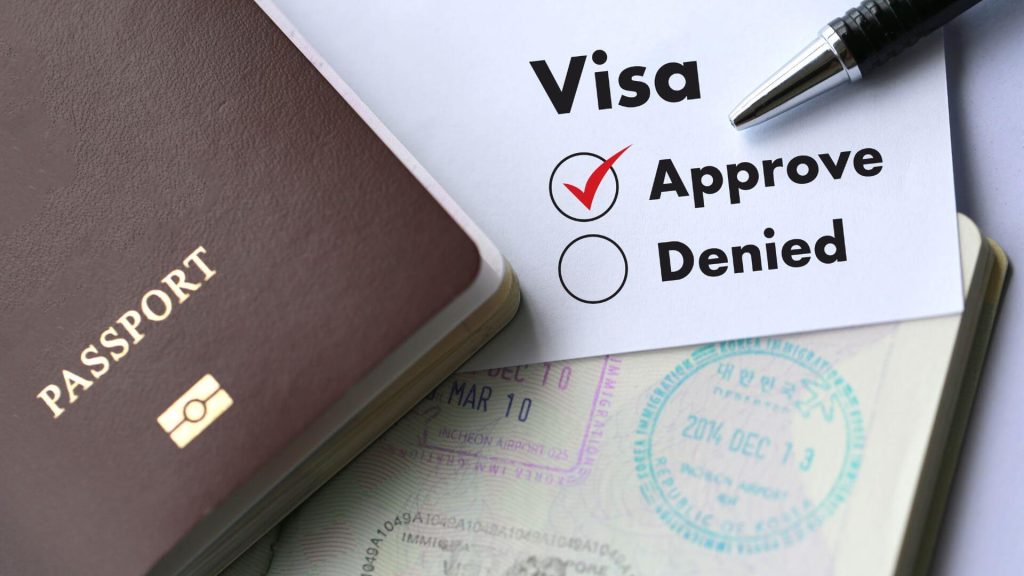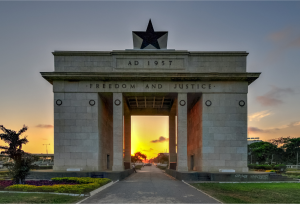
Applying for a visa can be a stressful process, whether you’re traveling for business, tourism, or relocation. A single mistake can lead to delays, rejections, or even bans from entering your desired destination. To help you navigate this process smoothly, here are the top mistakes to avoid when applying for a visa.
1. Incomplete or Incorrect Application Forms
One of the most common reasons for visa denials is submitting an incomplete or incorrectly filled-out application form. Every field must be accurately completed, and all required information should be provided. Double-check your details before submission to avoid unnecessary rejections.
2. Failure to Provide Required Supporting Documents
Each visa type has specific documentation requirements. Missing even one crucial document—such as financial statements, invitation letters, or travel itineraries, can result in rejection. Review the checklist provided by the embassy or consulate and ensure you have everything before applying.
3. Applying for the Wrong Visa Type
Many applicants mistakenly apply for the wrong visa category. For example, applying for a tourist visa when your primary purpose is business can raise red flags. Read the visa requirements carefully and select the category that best suits your travel purpose.
4. Providing Inconsistent Information
Discrepancies in your application, such as mismatched travel dates, employment details, or financial records, can lead to suspicion and rejection. Ensure all your information is consistent across your application form, supporting documents, and interviews.
5. Insufficient Financial Proof
Many countries require proof that you can financially support yourself during your stay. If your bank statements, pay slips, or sponsorship letters do not meet the minimum requirement, your visa may be denied. Always ensure you have a clear financial record that aligns with visa requirements.
6. Not Booking Travel and Accommodation in Advance
While some embassies do not require actual flight tickets, they may request a detailed itinerary, including proof of accommodation. Failure to provide this information can make your application seem incomplete or unreliable.
7. Ignoring Visa Processing Times
Applying for a visa too close to your travel date can result in delays. Some visas take weeks or even months to process. Always check the estimated processing time and apply well in advance.
8. Lack of Proper Travel Insurance
Some countries require proof of travel insurance covering medical emergencies, trip cancellations, or other contingencies. Neglecting this requirement can lead to visa rejection, so ensure your insurance meets the destination country’s specifications.
9. Poor Visa Interview Preparation
If an interview is required, be well-prepared. Nervousness, lack of knowledge about your itinerary, or vague answers can raise concerns. Research common interview questions and provide honest, clear responses.
10. Overstaying Previous Visas
A history of overstaying visas can significantly impact future applications. Immigration officers check your travel history, and if you’ve previously violated visa conditions, your new application may be denied.


